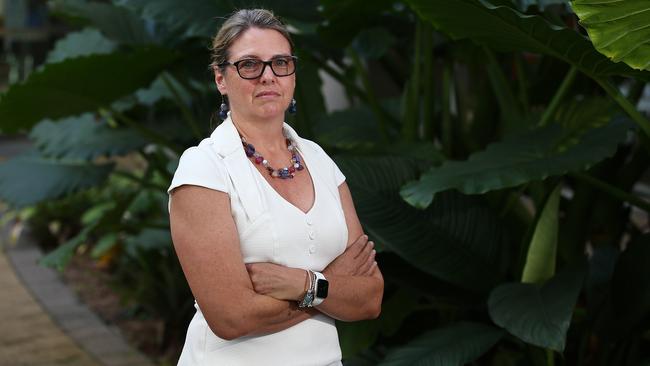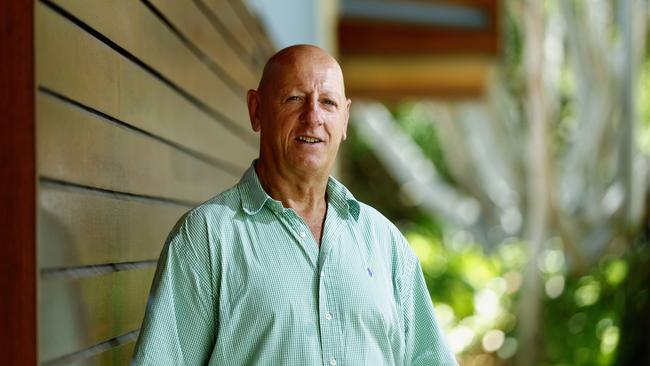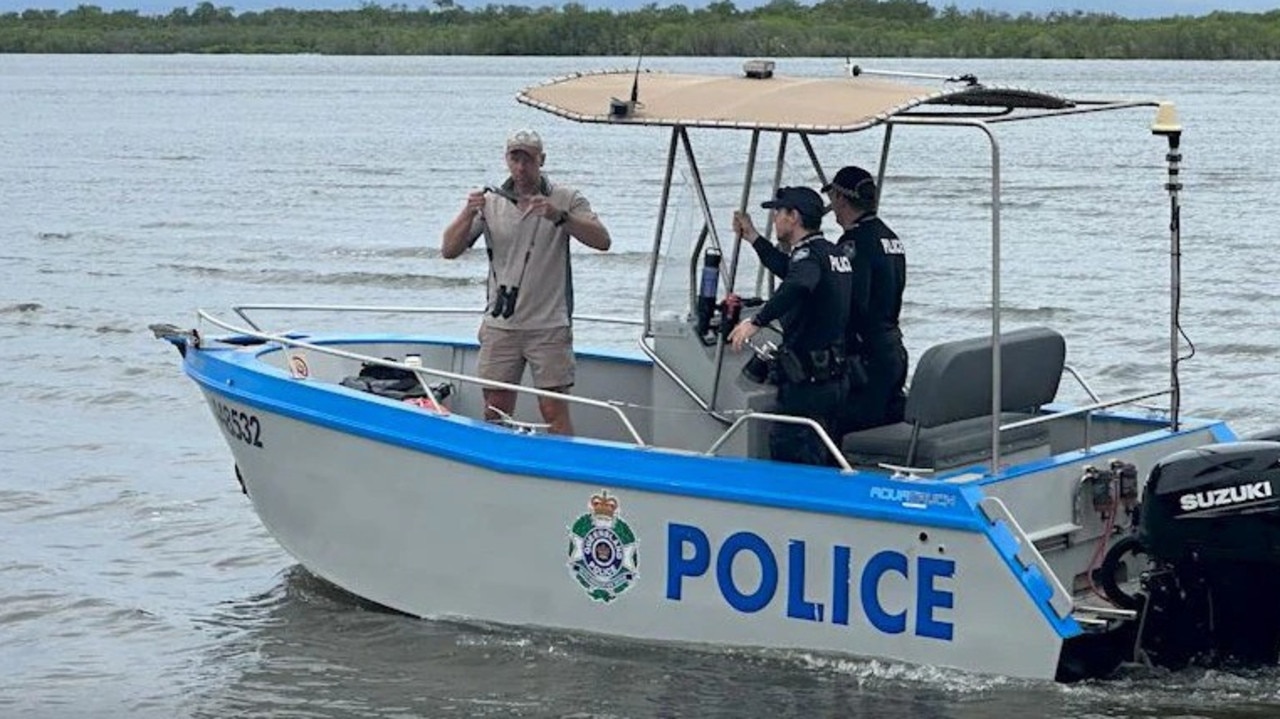Water restrictions could dry up a huge chunk of FNQ’s economy if water supply not increased by 2026
Whopping restrictions could cost the region millions of dollars per year if the council’s water security project cannot be constructed within two years.

Cairns
Don't miss out on the headlines from Cairns. Followed categories will be added to My News.
Millions of dollars could be lopped off Cairns’ economy each year through water restrictions if water supply is not increased, Cairns Regional Council documents have revealed.
The council recently awarded a design and construct tender to build the long-awaited Cairns Water Security Stage 1 project, but Cairns drinking water supply could fall below demand if the project is delayed beyond 2026.
According to council’s 2021 CWSS1 strategic assessment, water restrictions, designed to maintain a level of service, could cost the region’s economy as much as $626m over 40 years if water supply is not increased.
Advance Cairns CEO Jacinta Reddan said construction of the CWSS1 project must not be delayed.

“This is absolutely critical for the future of Cairns,” Ms Reddan said.
The total capital cost incurred by the council for the project will be more than $470m.
The council’s plan is to chase full funding from the state and federal governments.
“We would hope funding can be released as soon as possible … we support the council in seeking the full amount from the state and federal governments given the unanticipated repair works and costs council has incurred after the floods,” Ms Reddan said.

Council CEO Mica Martin said project construction, expected to commence in mid-2024, could begin before higher-level governments released further funding.
“Construction is expected to conclude mid-2026,” Ms Martin said.
“We are confident our counterparts in Brisbane and Canberra will continue to deliver on their promise of providing water security … we hope to see some commitments in upcoming budgets.”
Ms Martin did not rule out the possibility of future water restrictions.

“This would be a decision for the council, which would need to consider the level of Copperlode Dam and rainfall at the time. We know water restrictions have the potential to impact our reputation as a world-class tourism destination,” she said.
Dr HanShe Lim, a JCU hydrology lecturer, said Cairns’ rainfall charts over more than 100 years indicated a decrease in average annual rainfall.
“I think water availability is going to decrease,” Dr Lim said.

“Even with the current approach of extracting more water … our supply will still potentially decrease over the long-term. We need a holistic approach that includes reducing demand.”
Mayoral candidate Paul Taylor said the region needed to accept it was vulnerable to future water scarcity.
He said delivery of CWSS1 needed to be coupled with a suite of other measures, including subsidised residential water tank installation.
“Local residents are unaccustomed to functioning with water restrictions. The time is now for educating each other about what it means to live in water scarcity,” Mr Taylor said.
“With increased awareness and reinforced infrastructure, so we aren’t desperately filling our bathtubs and sinks in the event of another cyclone, we are making sure the future of Cairns is safe.”
More Coverage
Originally published as Water restrictions could dry up a huge chunk of FNQ’s economy if water supply not increased by 2026




